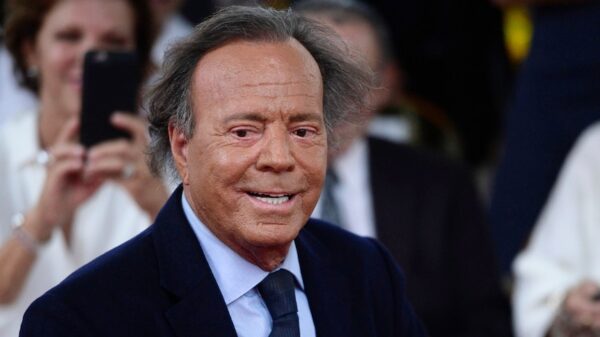In a match filled with intense moments, the Video Assistant Referee (VAR) played a pivotal role in Liverpool’s 3-0 defeat to Manchester City on October 28, 2023. Two key incidents involving Liverpool captain Virgil van Dijk and forward Jérémy Doku ignited discussions on the effectiveness of VAR protocols and the decision-making process within the Premier League.
Disallowed Goal: Van Dijk’s Header Ruled Offside
During the 38th minute, Van Dijk scored a header from a Mohamed Salah corner, seemingly equalizing for Liverpool. However, the goal was disallowed after Andrew Robertson was adjudged to be in an offside position and interfering with the view of City goalkeeper Gianluigi Donnarumma. Assistant referee Stuart Burt made the initial call, leading referee Chris Kavanagh to rule out the goal.
VAR official Michael Oliver confirmed the decision after reviewing the play. The focus was on whether Robertson’s position had obstructed Donnarumma’s ability to make a save. While Robertson was clearly offside, the critical question was whether his presence constituted an infringement. This aspect of the decision is often subjective, leading to potential debate among fans and analysts alike.
Andy Davies, a former Select Group referee with over 12 seasons of experience, provided insight into the situation. He noted that while the decision to disallow the goal might be contentious, it was an understandable call based on the circumstances. Davies emphasized that the assessment of whether a player impacts an opponent’s ability to play the ball is inherently subjective.
Penalty Award: Doku’s Challenge
Another incident that drew attention occurred in the 9th minute, when City’s Doku was challenged by Liverpool goalkeeper Mamardashvili. The goalkeeper miscalculated his timing, sliding into Doku’s left foot, causing the forward to lose his balance and fall to the ground. Initially, Kavanagh did not award a penalty, allowing play to continue.
After reviewing the incident, Oliver recommended an on-field review (OFR) for a possible penalty. Kavanagh ultimately agreed with Oliver’s assessment and awarded a penalty to Manchester City. The VAR review process confirmed that, although the contact was minimal, it was sufficient to impact Doku’s ability to maintain his balance and pursue a scoring opportunity.
Davies praised this intervention by Oliver, stating it was a correct overturn of Kavanagh’s initial decision. Given the speed of play and the nature of the contact, it was understandable that Kavanagh did not see the foul in real-time. The VAR’s role in this instance showcased the technology’s potential to enhance the accuracy of officiating in high-stakes matches.
The incidents from this match highlight the ongoing complexities surrounding VAR in football. As the technology continues to evolve, the challenge remains to balance the subjective nature of certain decisions with the objective standards set forth in the Laws of the Game. The discussions sparked by these incidents are indicative of the passionate engagement that fans and analysts have with the sport, ensuring that the debate over VAR will continue to be a central theme in Premier League coverage.


































































